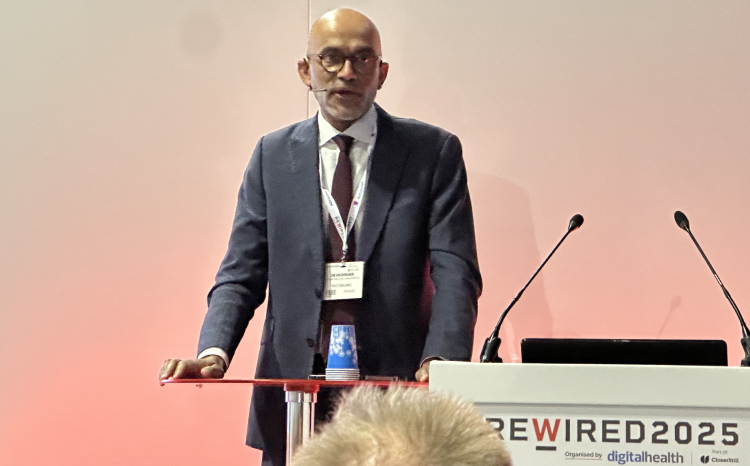Boosted accelerator programme will fast-track digital services in NHS

A newly boosted accelerator programme will fast-track promising digital services, medicines and diagnostic tools to NHS patients.
The Accelerated Access Collaborative (AAC) has been expanded to push ground-breaking treatments and technologies through the clinical development and regulatory approval process.
Key health issues like cancer, dementia and obesity will be prioritised in the programme.
Announcing the accelerator, health minister, Nicola Blackwood said: “I want the NHS to be at the forefront of cutting-edge treatments and medical innovations – but often it can take too long for products to get from the bench to the bedside.
“The Accelerated Access Collaborative will speed up this process so patients and the NHS can be the first in the world to benefit from the most transformative technologies and treatments as part of our Long Term Plan.”
The AAC has already selected 12 “rapid uptake products”, including a blood test for pre-eclampsia to diagnose the potentially deadly condition earlier in pregnancy.
It has previously selected the rapid uptake of ‘Test Bed’ projects across England, including the use of artificial intelligence to deliver more accurate breast screening; a digital platform to manage diabetes; and new digital technologies to help reduce A&E admissions for people with long-term heart failure.
Combined, the products have the potential to improve the lives of about 500,000 patients and save the NHS up to £30m, according to the Department of Health and Social Care.
The AAC will:
- Implement a system to identify the best new innovations and make sure the NHS is ready to make use of them
- Establish a single point of call for innovators working inside or outside the NHS
- Signal the needs of clinicians and patients, so innovators know which problems they need to solve
- Establish a globally leading testing infrastructure
- Oversee a health innovation funding strategy that ensures public money is focused on the areas of greatest impact for the NHS and patients
- Support the NHS to become stronger in its adoption of all innovations
The AAC, which combines the government, NHS and industry leaders, will be a “front door” for innovators looking to make their products available on the NHS.
It will sit in a new unit in NHS England and NHS Improvement and will be led by Dr Sam Roberts, currently the director of innovation and research at both organisations.
The AAC will provide a tailored package of support to overcome barriers in the NHS, which can often put providers of new technology off.
It comes as the National Institute for Health and Care Excellence (NICE) on 29 April launched an online portal, HealthTech Connect, to help technology companies understand how to break into the UK health market.
As well as developing the HealthTech Connect portal, NICE has also recently published an updated version of its evidence standards framework for digital health technologies.
The update sets out requirements that need to be met by different types of heath technologies, taking into account feedback from stakeholders after the first version was published in December 2018.
In March the Academic Health Science Networks, in partnership with the Association of British HealthTech Industries, launched its own “routemap” to help tech companies navigate the “innovation maze” and become a commercial success.




